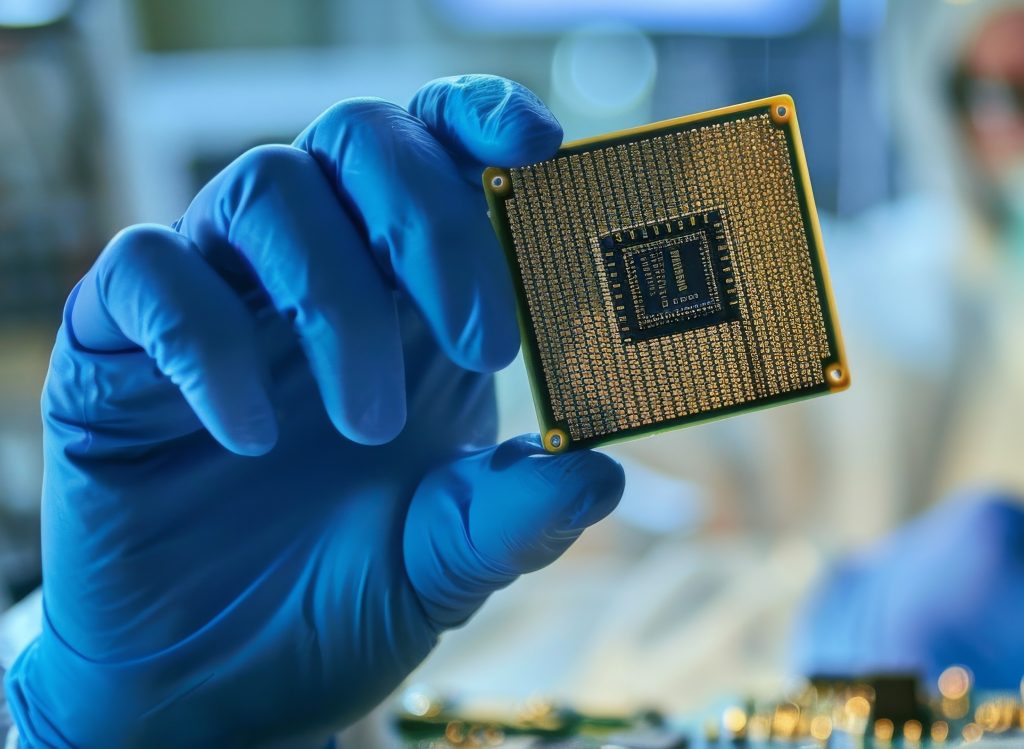US May Seek Equity Stakes in Chipmakers Under CHIPS Act Grants

The US government is considering taking equity stakes in major semiconductor companies like Intel in exchange for cash grants under the $52.7 billion CHIPS Act, according to sources familiar with the matter. The plan, led by Commerce Secretary Howard Lutnick, aims to secure a stronger return on taxpayer-funded investments while boosting domestic chip manufacturing.
Initially, the proposal targeted Intel, but officials are now weighing extending it to other companies, including Micron, Samsung, and Taiwan Semiconductor Manufacturing Co. (TSMC). The idea reflects a shift from the Biden administration’s approach, where grants were provided without ownership rights. Lutnick emphasized that instead of giving subsidies outright, the government should gain equity, calling it a “creative idea that ensures American taxpayers benefit.”
This marks part of a broader push by President Donald Trump’s administration to strengthen US manufacturing and national security. Recently, the government struck unconventional deals, such as securing a 15% revenue share from Nvidia’s AI chip sales to China and taking a major stake in a rare earth mining company to secure supply chains.
Critics, however, warn that such interventions could expose taxpayers to corporate risks if investments underperform. TSMC has said discussions with Taiwan’s National Development Council would be necessary before considering any US stake, noting that the company is a private enterprise.
Lutnick clarified that any equity stakes would be non-voting, meaning Washington would not interfere in day-to-day business operations. Treasury Secretary Scott Bessent is also engaged in the discussions, though Lutnick is driving the process.
The move comes as Intel faces challenges in regaining its competitive edge, even as SoftBank recently invested $2 billion in the company. Trump has previously criticized the CHIPS Act, but Lutnick’s plan repositions it as a way to ensure both economic and strategic returns for the US.
Source: The Economic Times




